This fall, the Policing Project kicked off our Tech Salon Series with two events. Our salons, made possible by support from Microsoft, enable us to vet our projects and discuss pressing issues around law enforcement’s use of technologies with a diverse set of experts, including privacy advocates, technology vendors, police chiefs, academics, legal experts, community leaders, and government officials.
Our tech salon series will continue in Spring 2020.
Salon 1: Regulating Policing Technologies
Our inaugural salon, held in September, began with a discussion of Microsoft President Brad Smith’s and Microsoft Communications Director Carol Ann Browne’s new book, Tools and Weapons: The Promise and Peril of the Digital Age, which explores balancing “the good” of technology—such as promoting democracy, increasing safety, or helping disseminate information—with the need for transparent and ethical regulation. By speaking about Microsoft’s own experience with issues of accountability and both industry and government regulation, Smith and Browne set the stage for many of the broader issues we discussed throughout all our salons, including:
How do we balance the interests of public safety and the risks to privacy?
Is banning certain uses of technology the most effective or useful way to regulate the field?
How do we balance the need to keep some police methods secret against the desire for transparency and accountability?
What are guiding principles that could guide future conversations around law enforcement use of emerging technologies?
The conversation was nuanced, wide-ranging, and did not conclude with widespread agreement by all participants on the best way forward. However, participants did agree that both tech companies and law enforcement agencies may be uneasy giving up the power that comes with greater transparency. It is important, however, that tech companies and law enforcement keep in mind the power of increased legitimacy and community trust that accompanies greater accountability.
Salon 2: Developing Legislation for Policing Tech
In November, we held our second salon to discuss the lessons learned from one approach to regulating policing technologies—the ACLU’s Community Control Over Police Surveillance (CCOPS) model statute. CCOPS was drafted nearly four years ago, as a guiding framework to bring transparency and front-end accountability to the acquisition and use of new information gathering technologies by law enforcement, as well as to evaluate existing uses of police technology.
The Policing Project used our second tech salon to vet two pieces of model legislation of our own: (1) the Authorized Police Technologies (APT) Act, which builds from CCOPS, but aims to streamline some of the more onerous requirements in order to encourage broader adoption of the statute; and (2) the Authorized Databases and Police Technology (ADAPT) Act, which we drafted to also regulate the use of policing databases along with policing technologies.
Our conversation led to many important takeaways, including that:
Transparency around the use by law enforcement of information-gathering technologies is essential to maintain community trust.
Any legal requirements for transparency must respect both the compliance burdens placed on government, as well as legitimate concerns—limited though they may be—about the need for secrecy to assure public safety.
Vendors should not be allowed to require law enforcement agencies to adhere to non-disclosure agreements on their uses of policing technologies.
Although we do not purport to have solved or even addressed all of the issues and challenges inherent in attempting to enact and comply with CCOPS or the APT and ADAPT Acts, the Salon mirrored one of the goals of such legislation: sparking a conversation between different stakeholders about how law enforcement uses information-gathering technology, talking through the benefits and costs of such technology, and figuring out how to best keep people safe, informed, and empowered in the policing of their own communities.
Our working drafts of the APT Act and ADAPT Act are available for public review. We welcome interested parties to read them, use them and contact us with any questions you have.
This post was written by Policing Project Technology Fellow Emmanuel Mauleon.


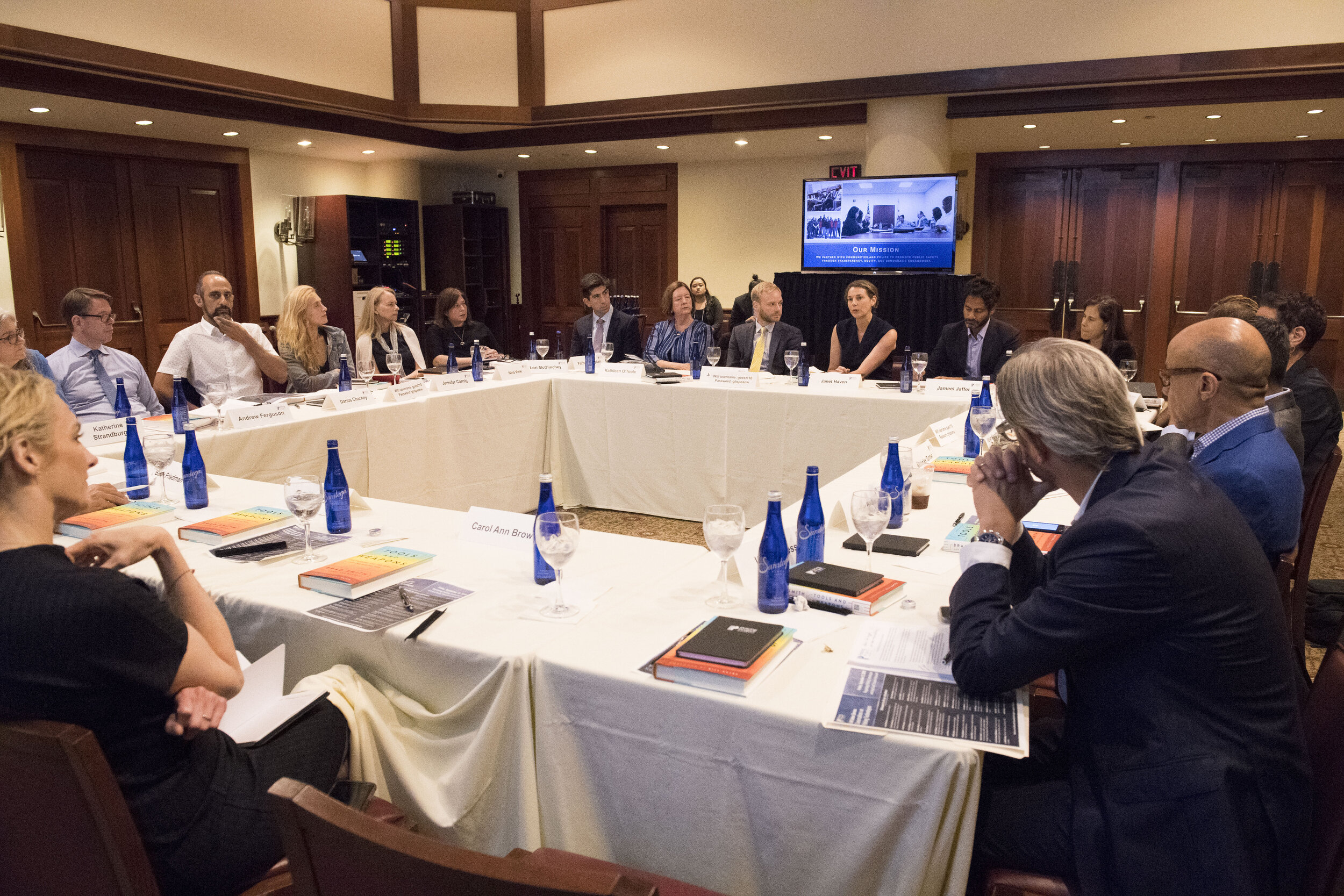
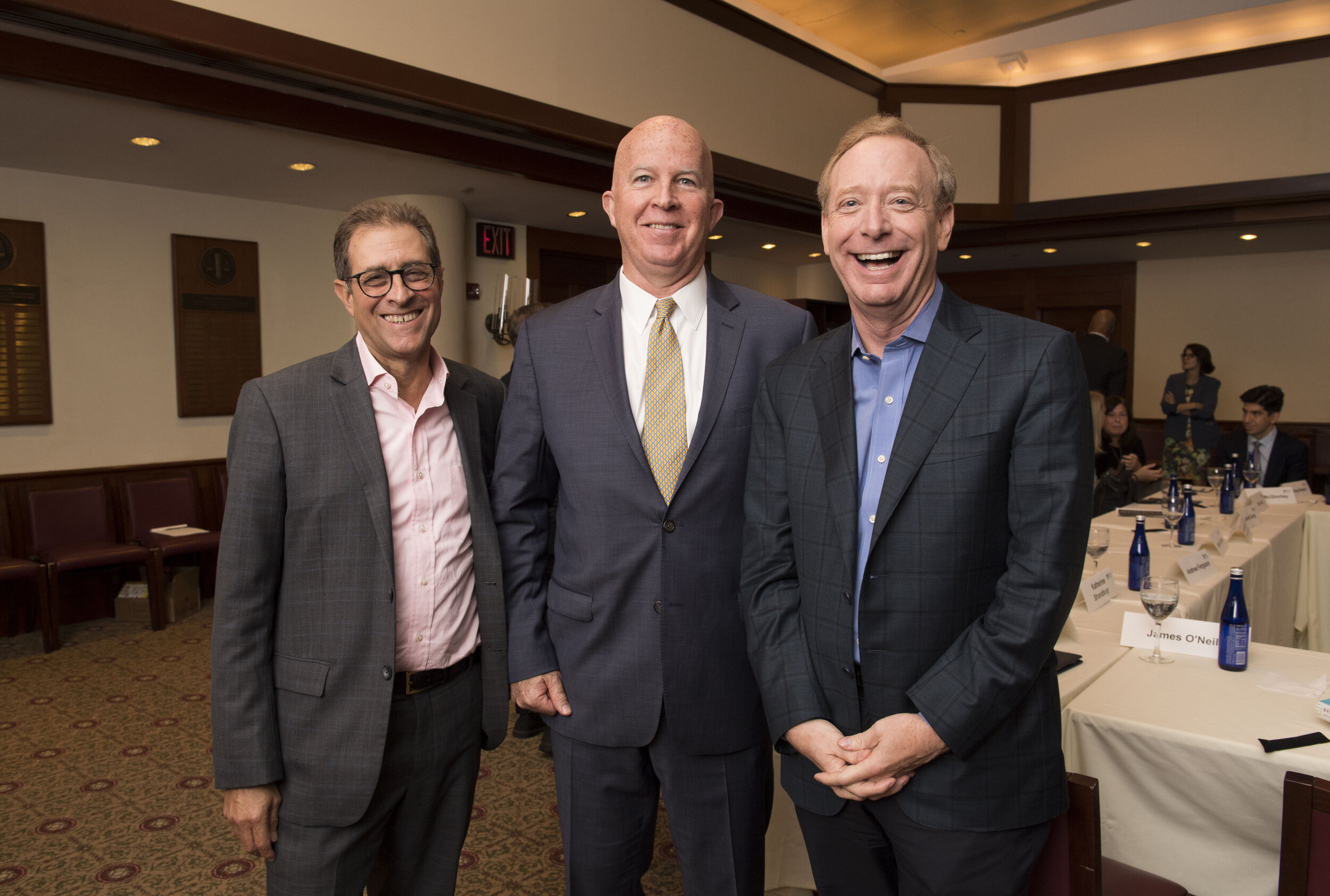
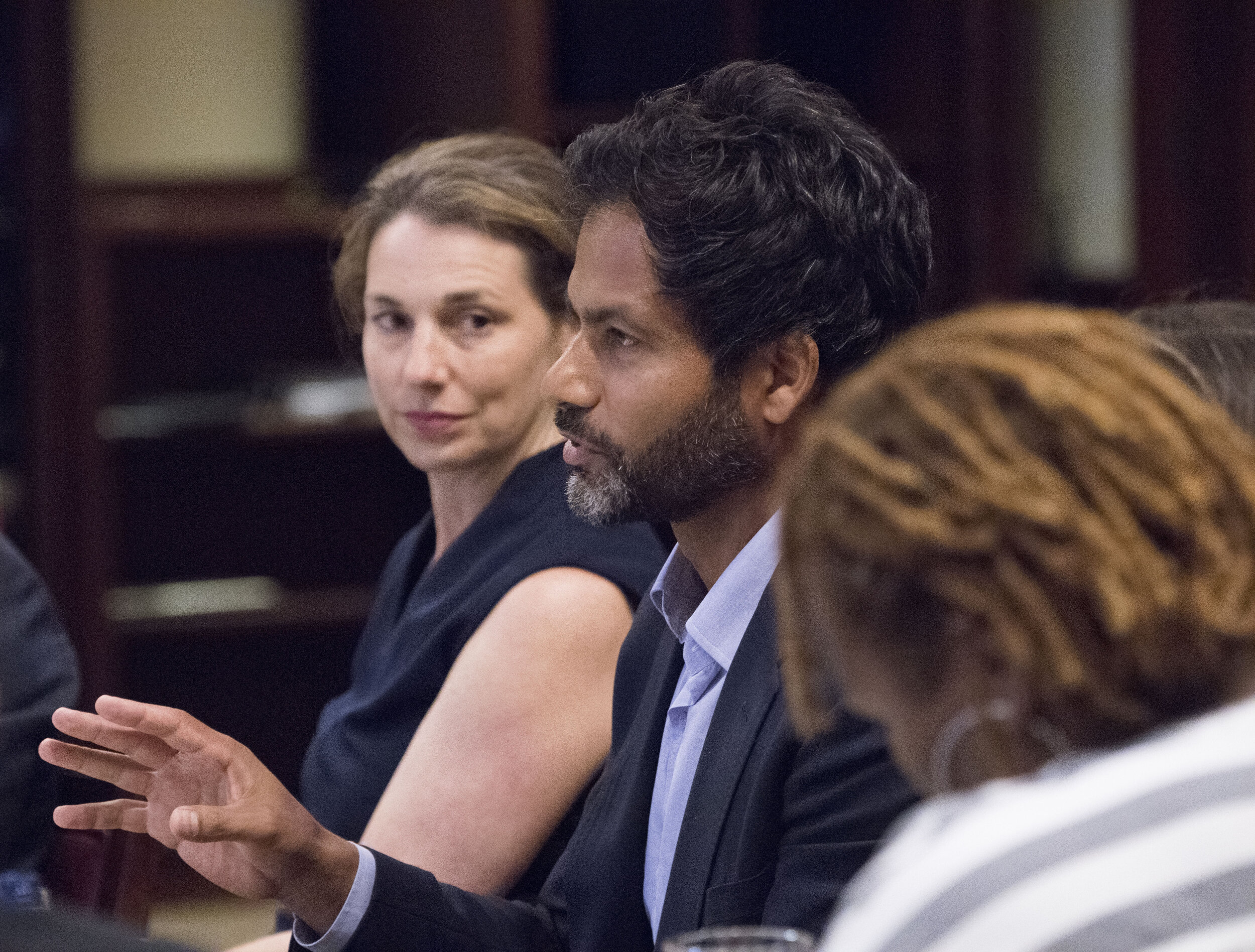
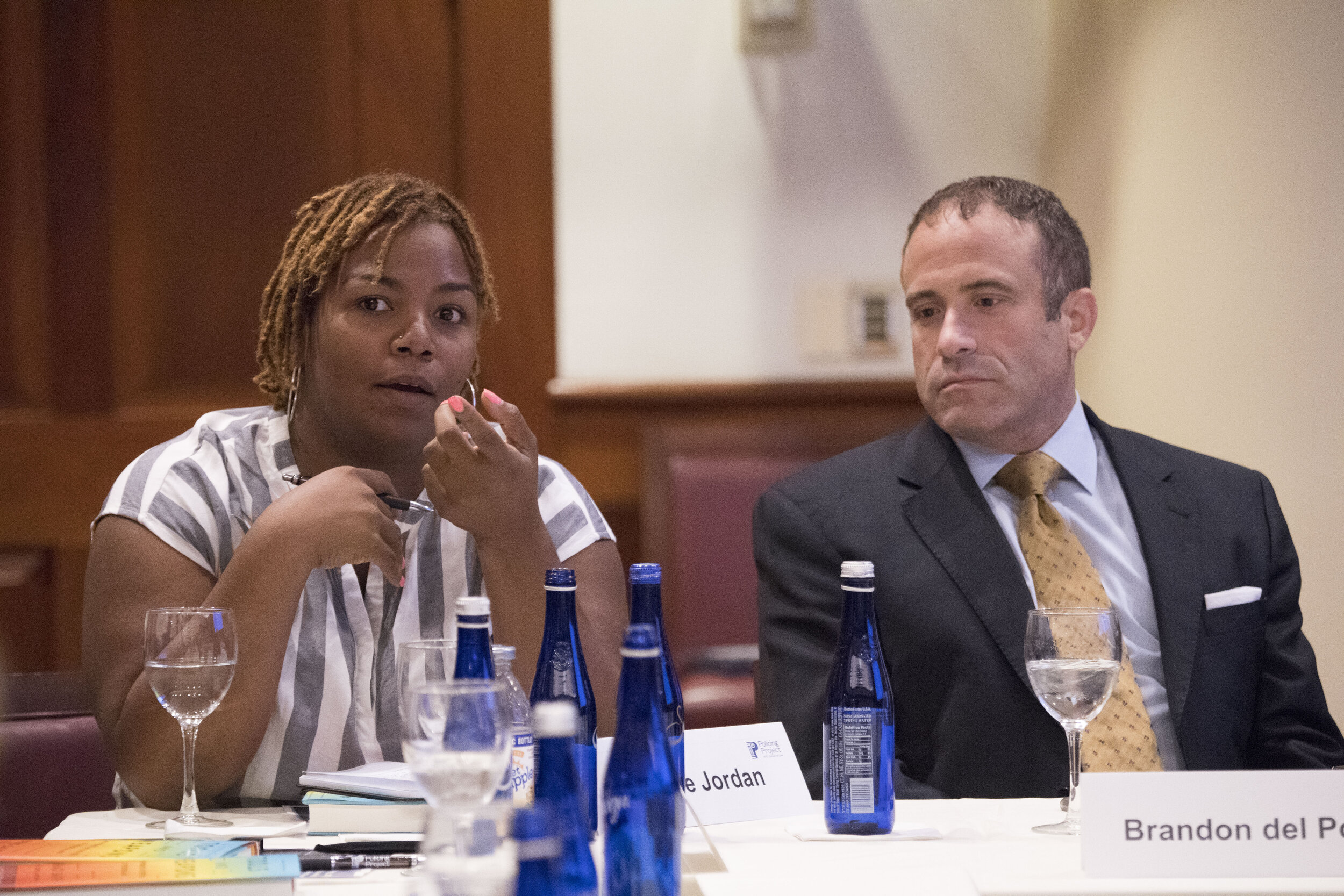
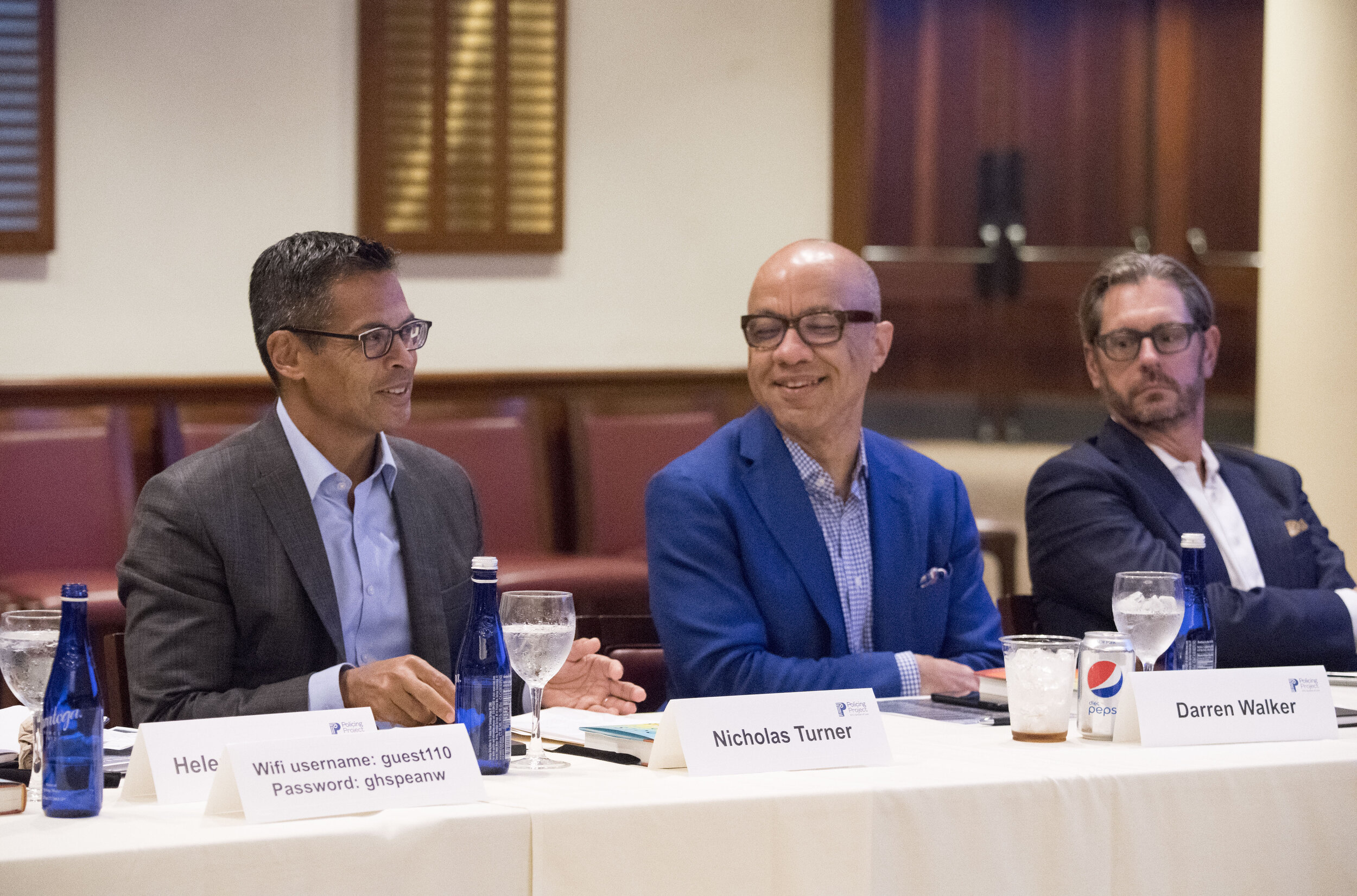
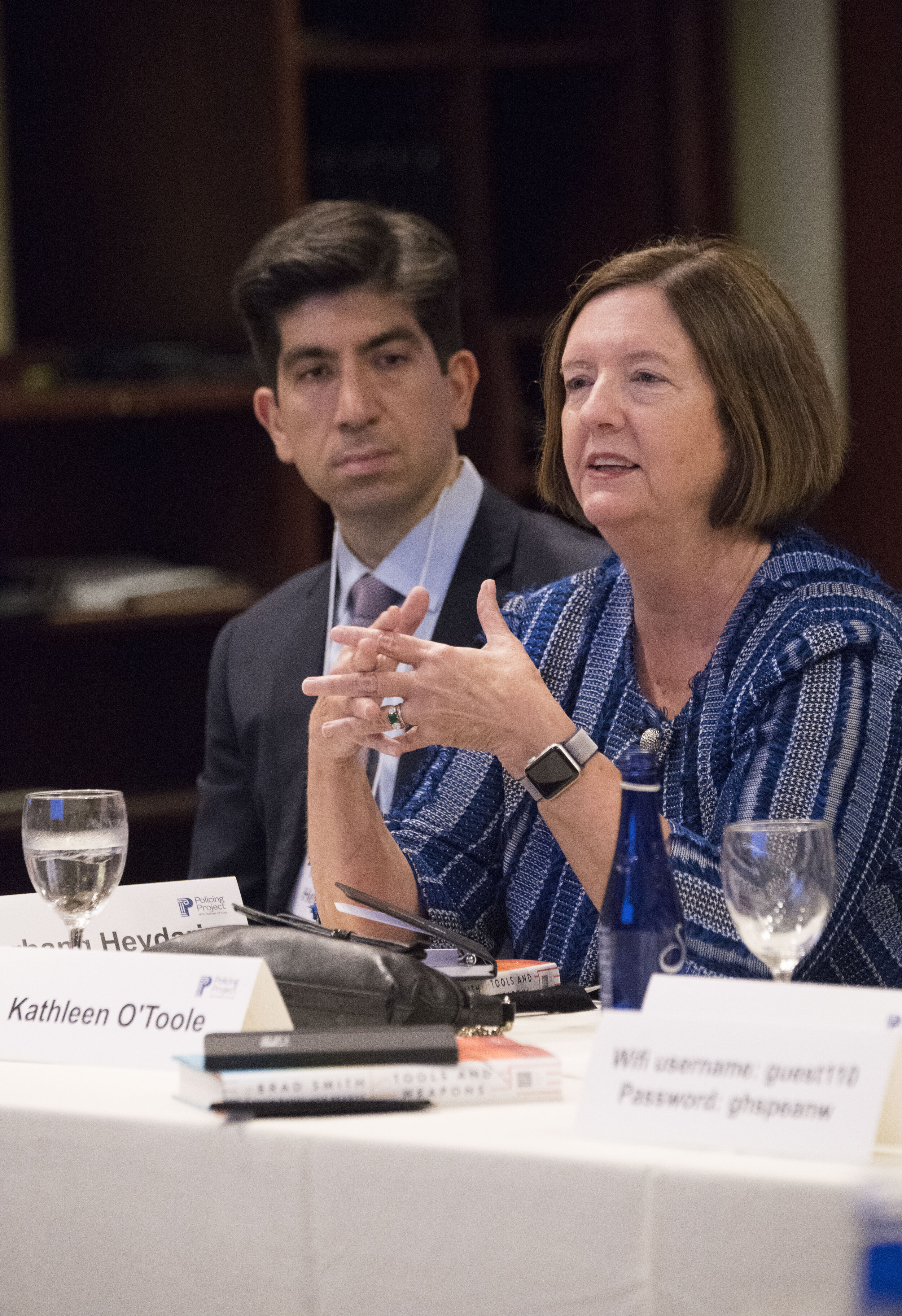
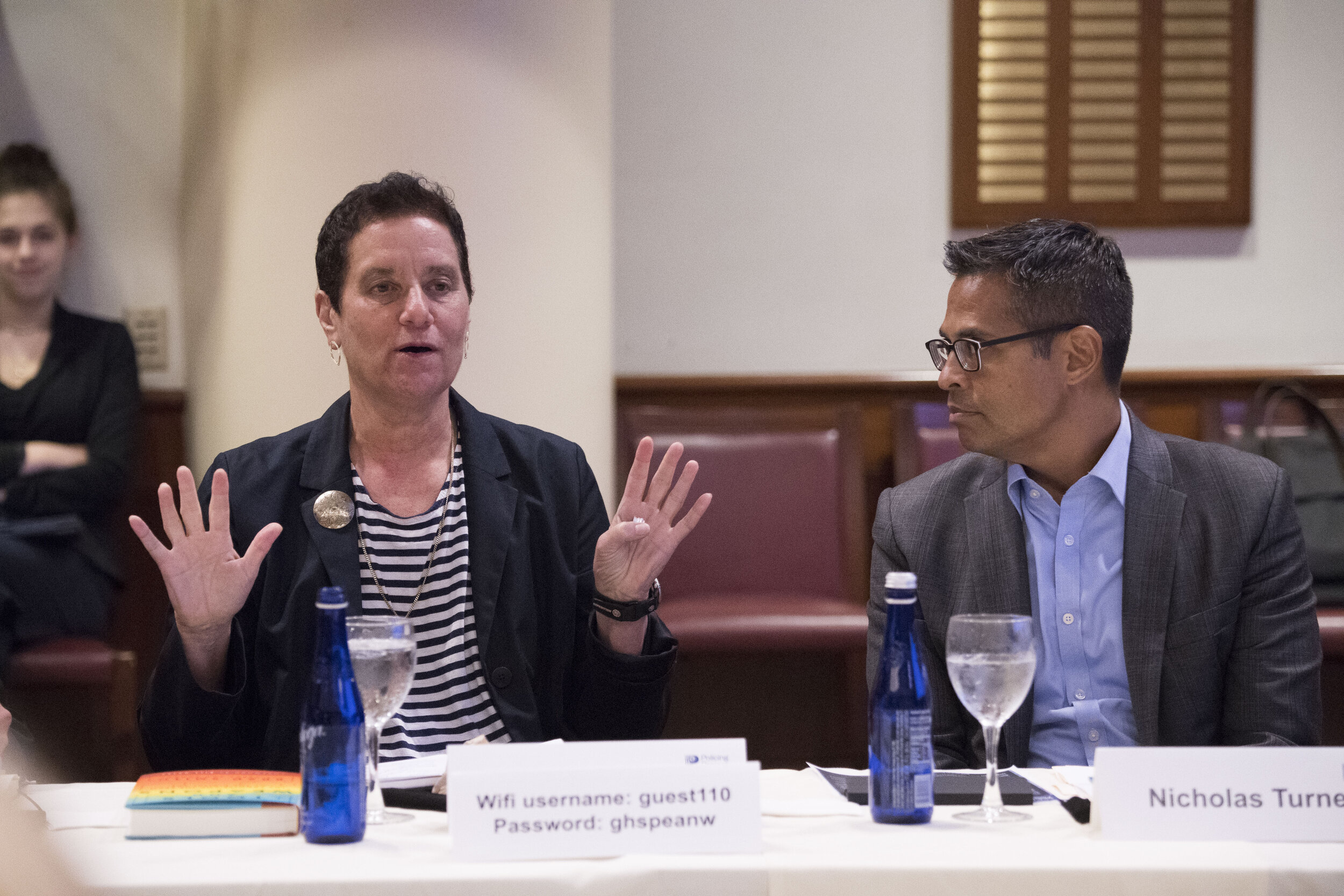

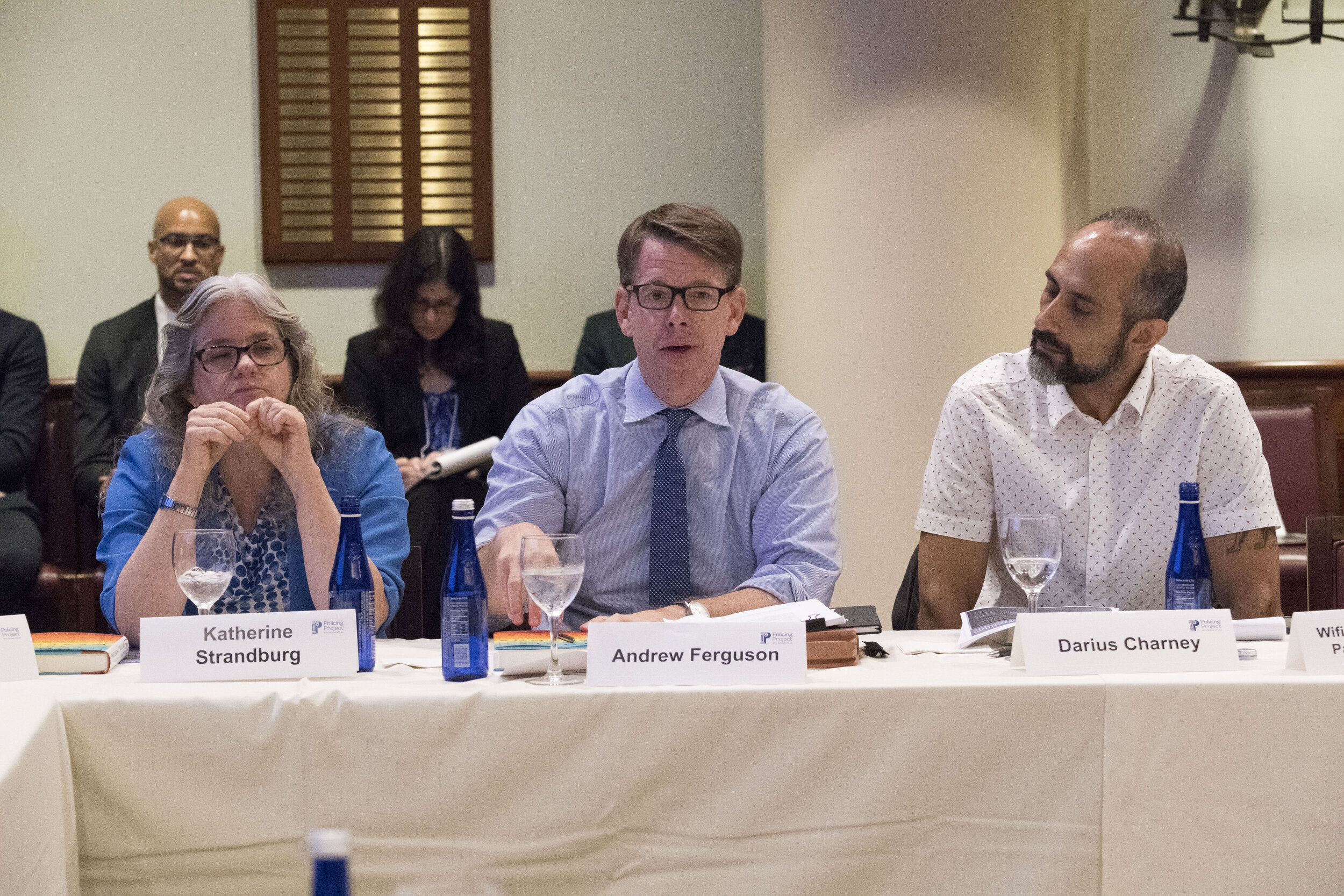

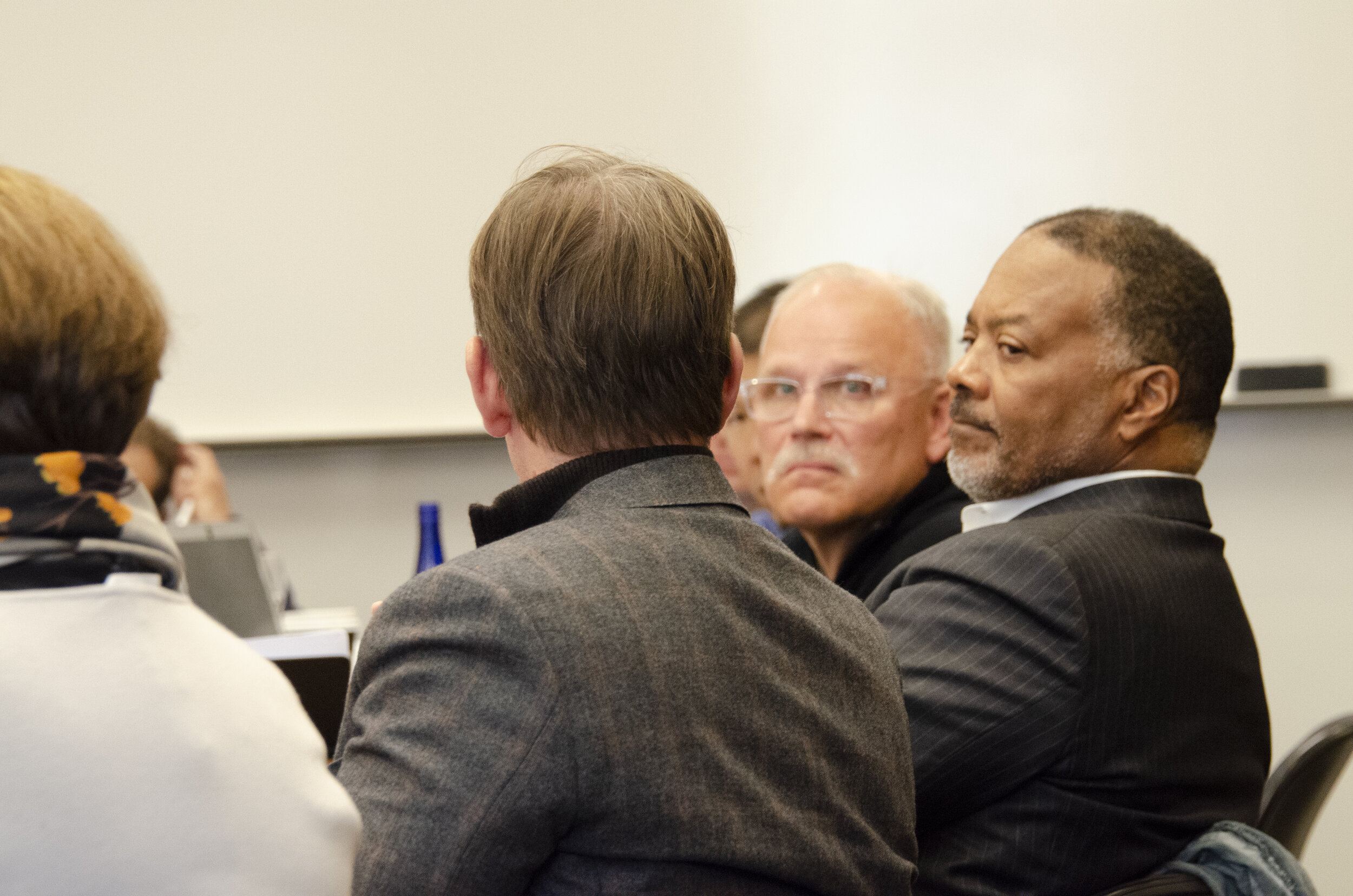

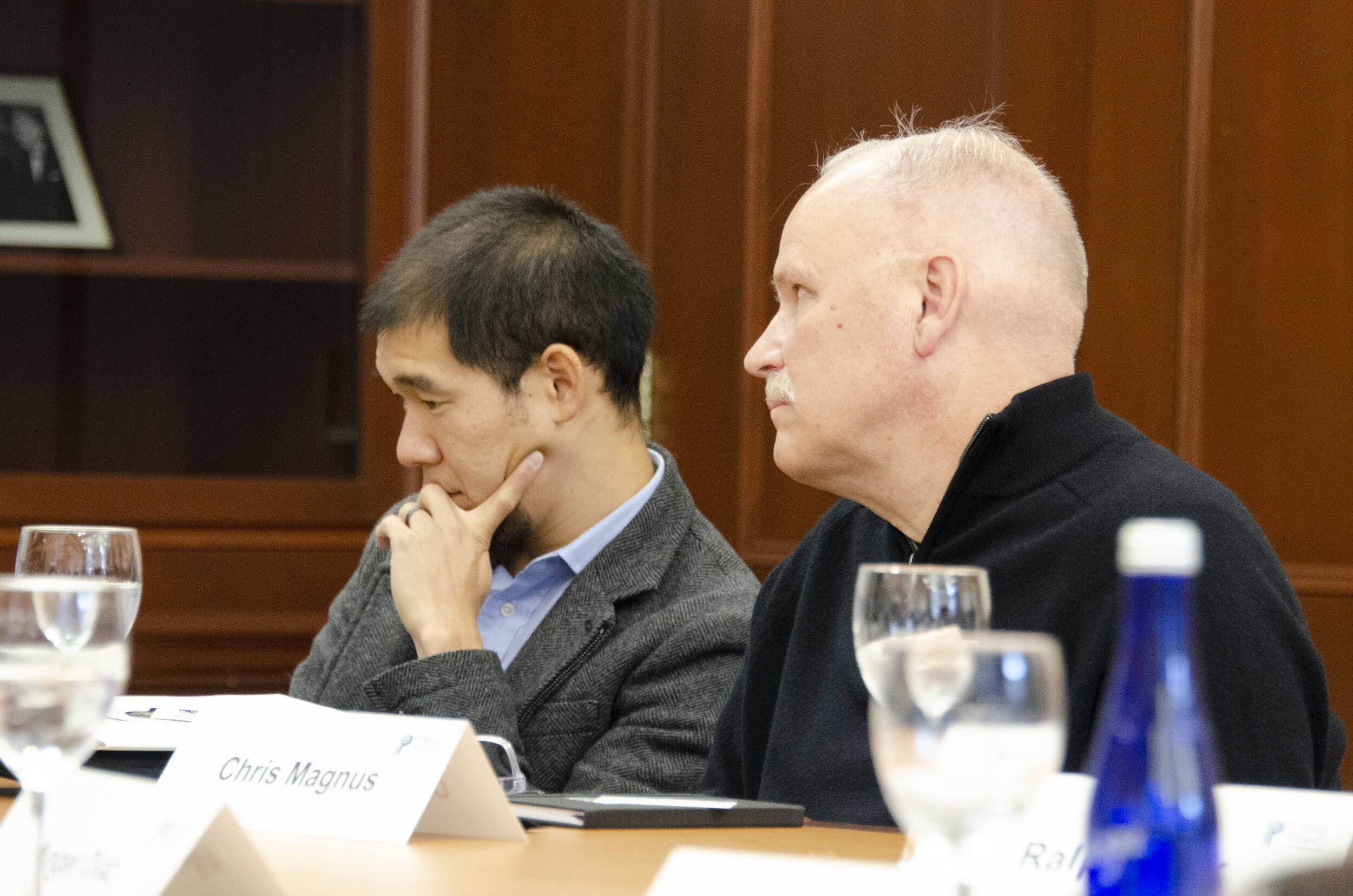

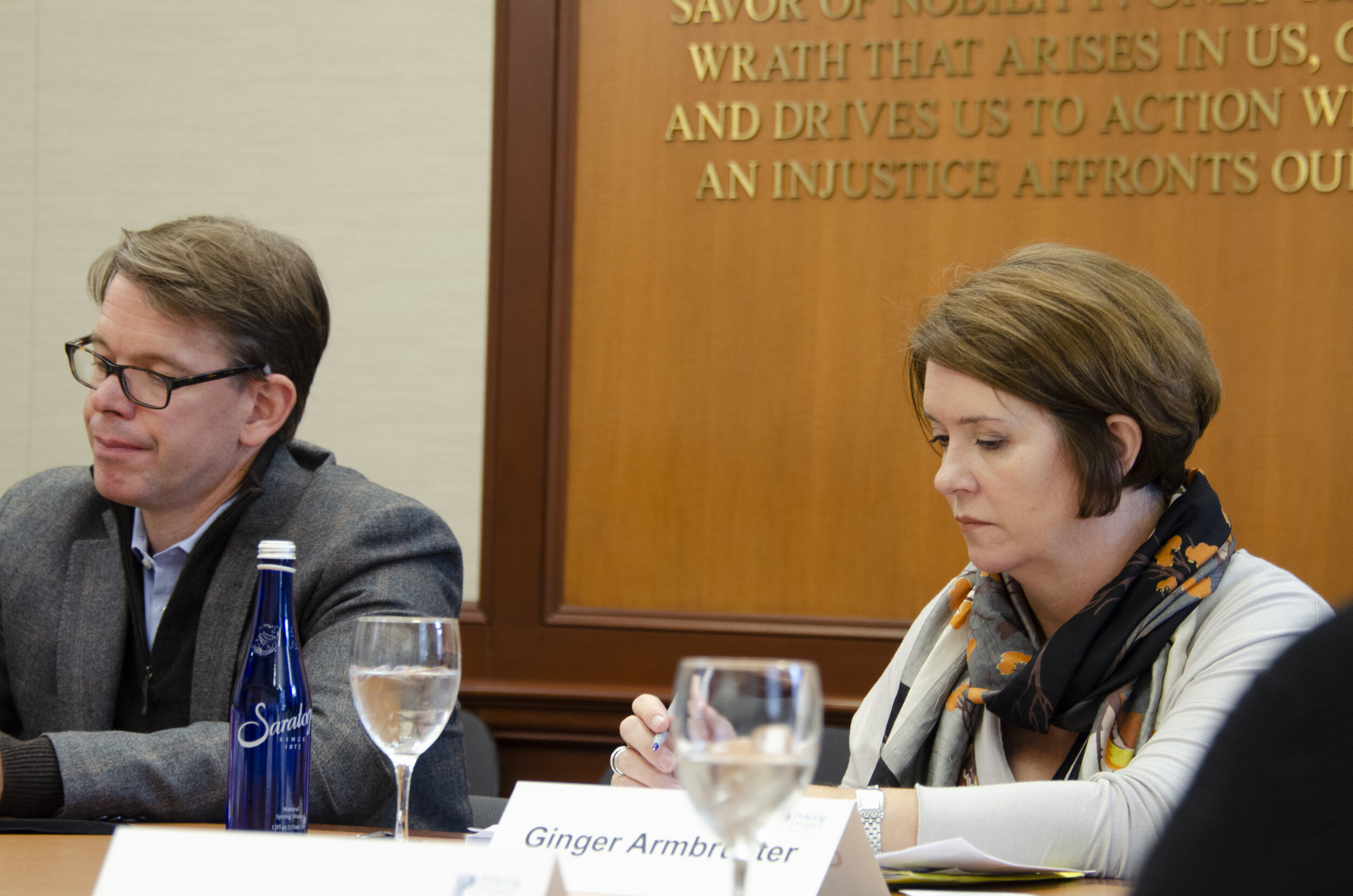
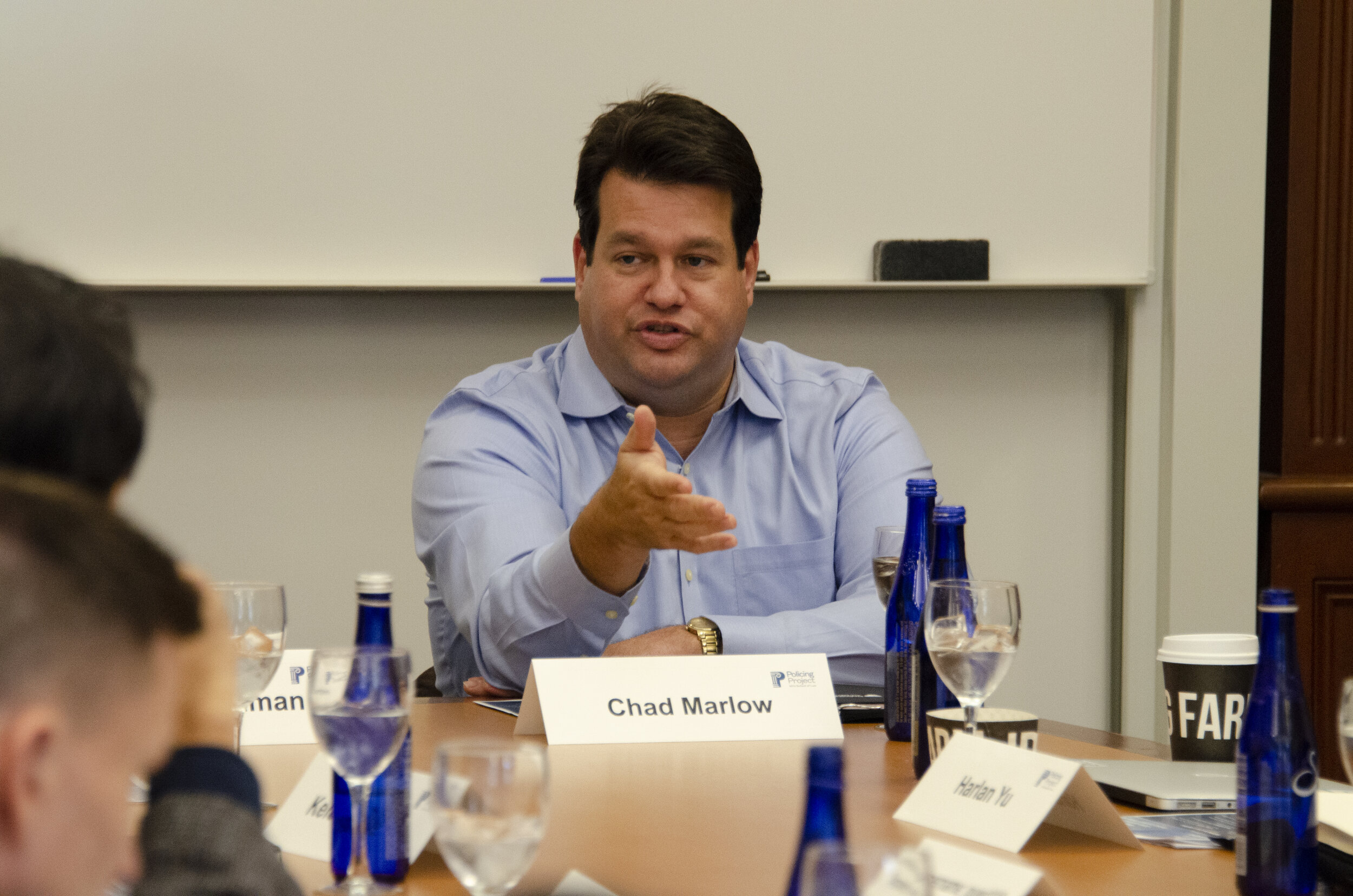
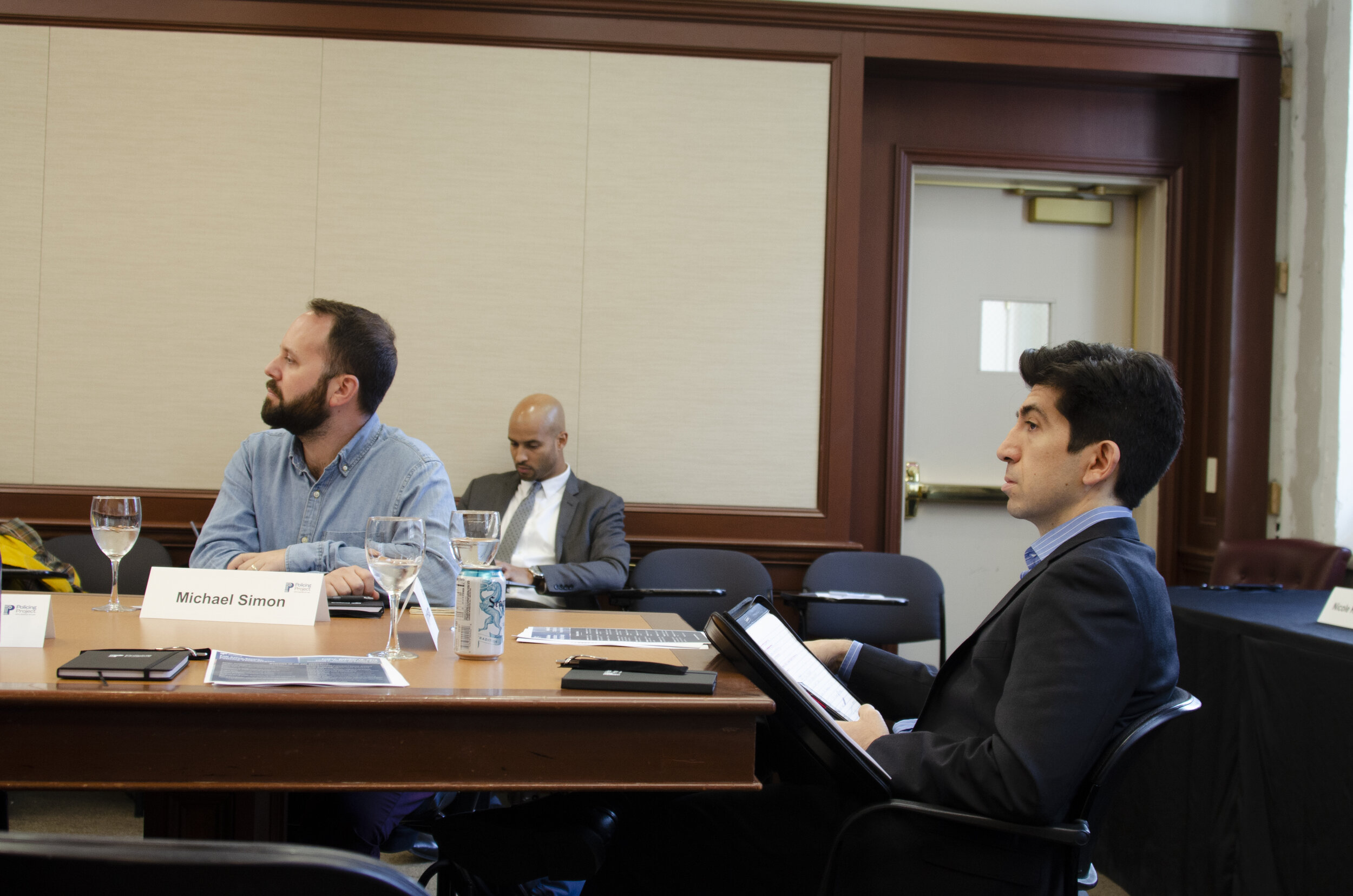
Dive deeper into our salon series with read outs, photos and more.